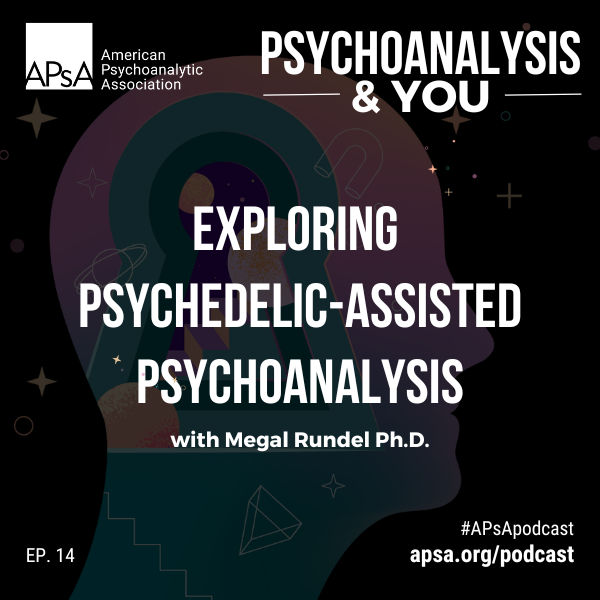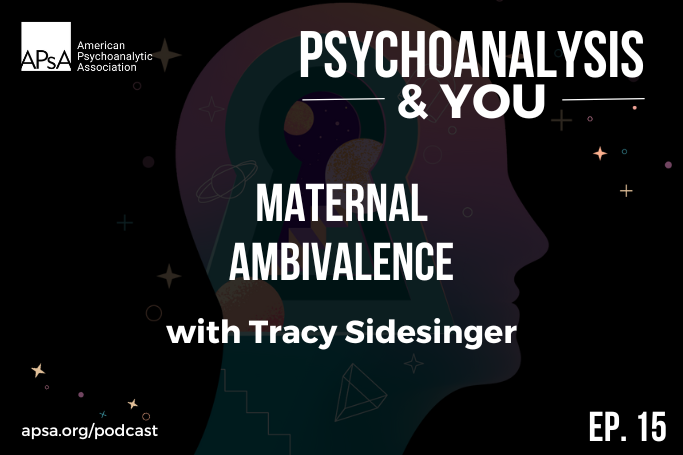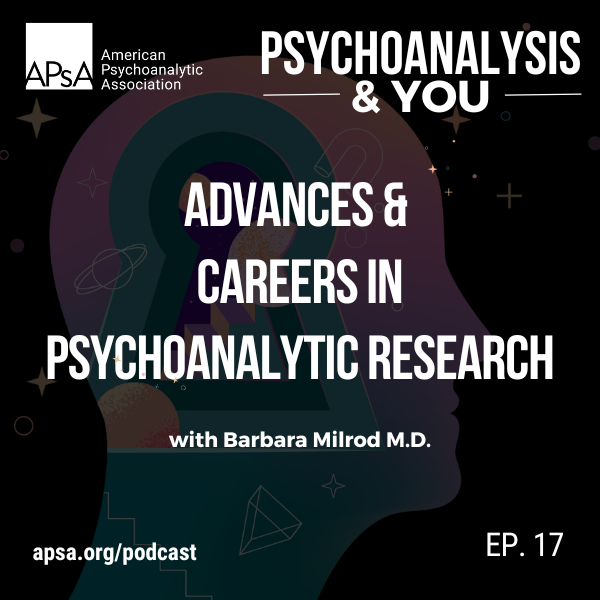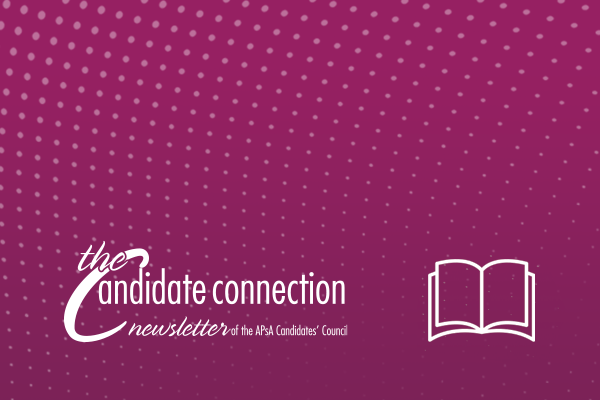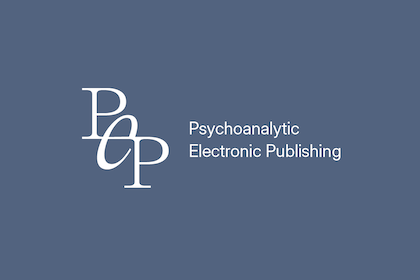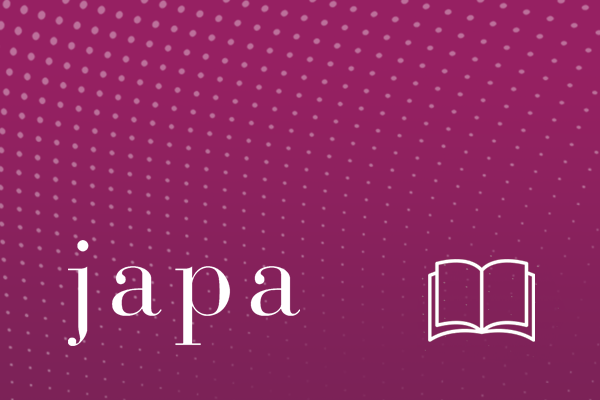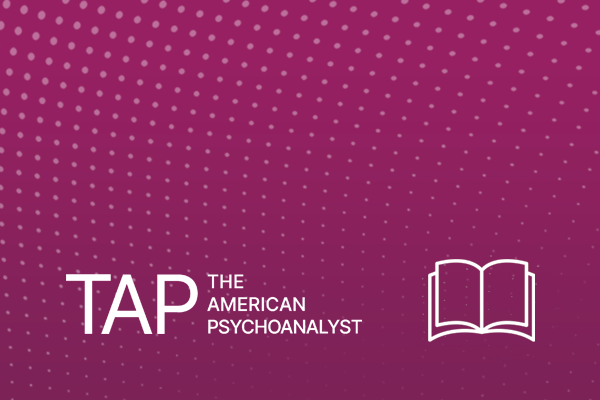A Note From The CAI Co-Chairs
Todd Essig, PhD and Amy Levy, PsyD
This month we’re spotlighting the CAI Institute/Center Working Group, a new initiative designed to help psychoanalytic educators think critically and collaboratively about the accelerating presence of artificial intelligence in psychoanalytic education. We aim to create a space that supports a critical, reflective, and deeply psychoanalytic engagement with AI—neither avoiding it, embracing it uncritically, nor retreating from it—and in so doing help ensure psychoanalytic education thrives in an AI-transformed world.
AI tools, like ChatGPT and Claude, are increasingly being used—and misused—in educational settings at all levels. Psychoanalytic institutes and centers are not immune. We’ve learned of many different “use-cases.” Faculty seek help developing lesson plans or organizing complex readings. Some create course- or topic-specific chatbots. Candidates and students explore readings, replace and expand process notes, and even experiment with AI to supplement their own treatments.
On one hand, such engagement can enrich teaching, increase access, and offer new ways to explore theory and clinical practice. On the other, peril abounds: Are students outsourcing their thinking? Will clinical training be hollowed or thinned out by reliance on machine-generated insights? What becomes of analytic learning when a third, non-human presence enters the educational field? Tremendous promise and real peril abound.
Along with realizing that the AI revolution is already here reshaping the landscape of psychoanalytic education, we also realized there is a need for a space where the educational leadership from different institutes, locations, and traditions can share experience, raise alarms, showcase innovations, and think together about what it means to teach psychoanalysis in an AI-transformed world. The CAI Institute/Center Working Group was launched to provide such a space.
We’ve already had our first two regular monthly meetings. But the working group is still in the process of formation. Discussions have ranged from, for example, the ethical use of AI in supervision to existential anxieties stirred up when a machine seems to do something we once thought only a human mind could do. Flagged for further consideration are using AI for curriculum development, including AI as topic and not just as educational tool, and how to deal with inevitable ethical conflicts.
AI will not wait for us to catch up, and it will not pause out of respect for our traditions. But with collaboration, creativity, and deep psychoanalytic engagement, we believe it is possible to help shape AI’s transformation of psychoanalytic education—not just react to it.
And because we are still forming, if you are in a position of educational leadership at your Institute or Center, we would welcome your participation. Feel free to contact one of us or you can register here to join.


